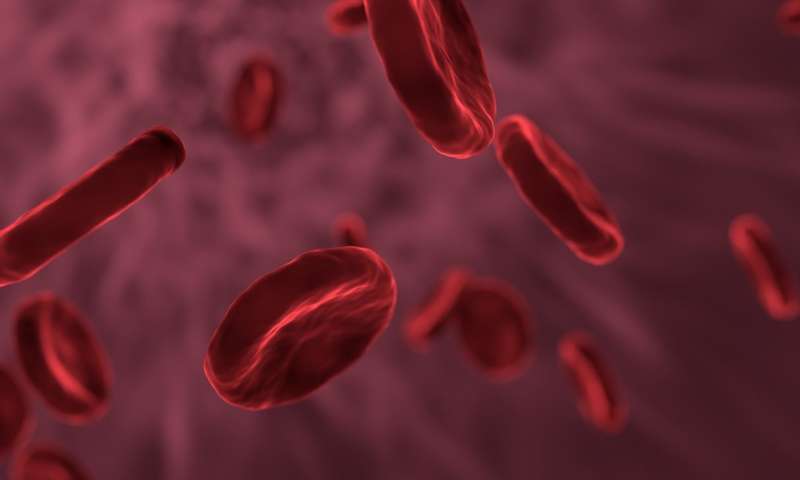Researchers study abnormal blood glucose levels of discharged patients

University of Minnesota Medical School researchers decided to delve into an area where little data currently exists. They wanted to know what happens after these patients with abnormal blood glucose measurements are discharged? Are uncontrolled blood glucose levels associated with worse outcomes after patients are discharged from the hospital? Surprisingly, despite a large body of literature around management of blood glucose in the hospital—there are few studies that attempt to answer this question.
In their study, "Finding the Sweet Spot: The Last Blood Glucose Measured in the Hospital and 30 Day Outcomes," published in the Journal of General Internal Medicine, researchers found that patients who had an abnormal blood glucose range had a higher rate of hospital readmission and death in the 30-days after hospital discharge.
"We also found that patients with 'borderline' high glucose levels who did not carry a diagnosis of diabetes had worse outcomes," said Nishant Sahni, MD, MS, adjunct assistant professor in the Department of Medicine, University of Minnesota Medical School. "This leads us to believe that if you don't recognize those borderline (diabetic) patients in the hospital, they tend to do worse after hospitalization."
According to CDC, the number of people with diabetes has more than tripled in the last couple of decades, reaching more than 30 million today. Of that, more than 7 million are undiagnosed. If left untreated, the high blood sugar can affect various cells and organs in the body. Complications from untreated type 2 diabetes include kidney damage, eye damage, or an increased risk for heart disease or stroke.
Researchers believe this study should spur work on improved identification of undiagnosed diabetes and better blood glucose control at hospital discharge and immediately after. "While we can't claim causation, the association is very striking," said Sahni. "I think the next step is having a trial to see if we can intervene and if that reduces the rate. That's going to be the ultimate test to see if this is a problem worth solving."
More information: Nishant Sahni et al. Finding the Sweet Spot: the Last Blood Glucose Measured in the Hospital and 30-Day Outcomes—a Retrospective Study, Journal of General Internal Medicine (2018). DOI: 10.1007/s11606-018-4740-z
















